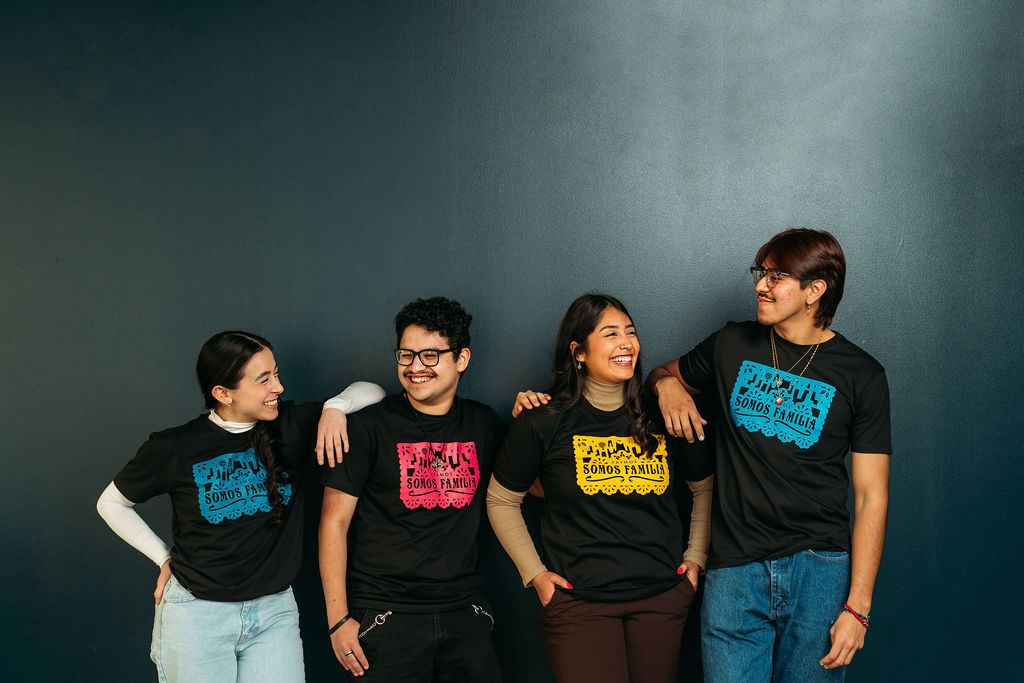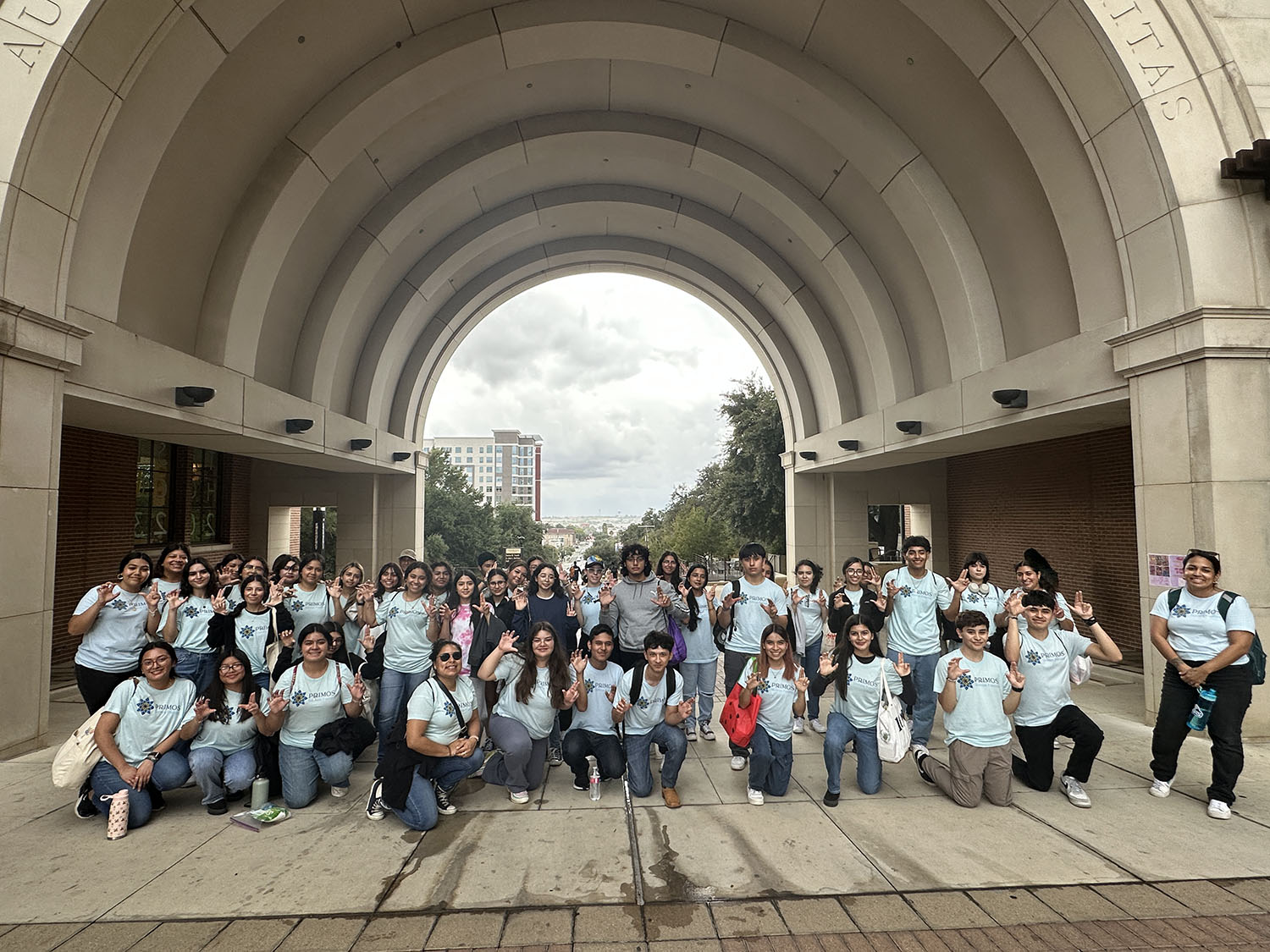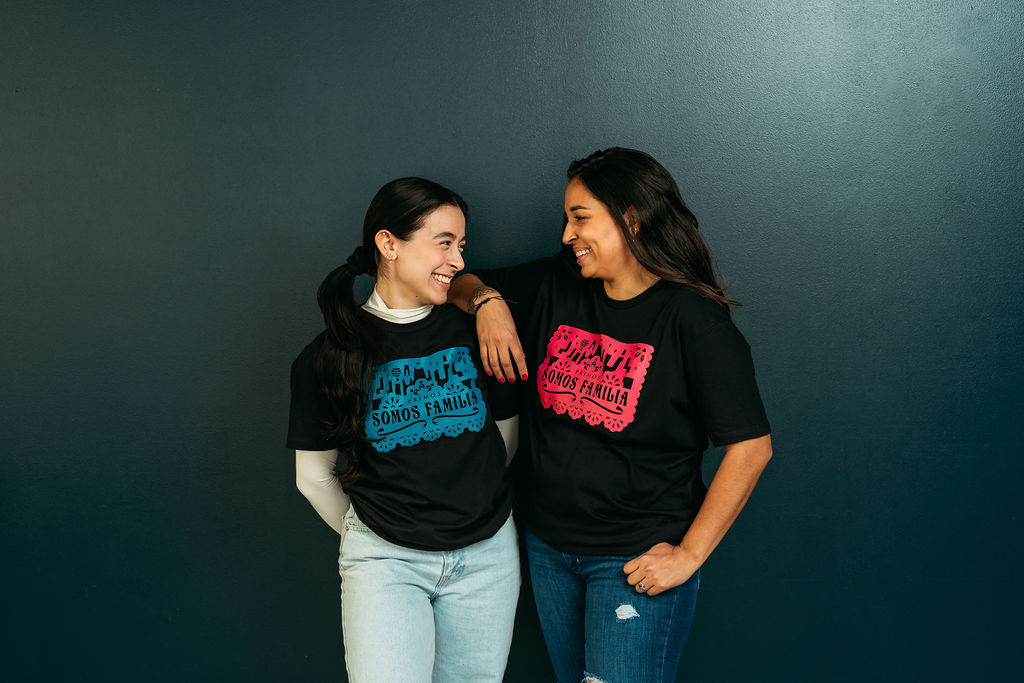Interview by Jennie Trejo. Photos provided by Primos Dallas.
What if your mentor felt more like family? For Alicia Serrato, founder of Primos Dallas, that’s exactly the idea. As a first-generation American who had to navigate school on her own, Alicia knows how powerful it can be to have guidance and support. That’s why she created Primos Dallas, a mentorship program that not only connects students with mentors who share their cultural values but also empowers students by giving them a voice in the process. At Primos, mentees get to choose their mentors—creating stronger bonds and setting the stage for personal growth.

I am a first generation American, both of my parents are from Mexico. Navigating my education and career paths on my own proved challenging as I had no course to follow. I sometimes wonder, had I received that guidance as a teenager, perhaps my life would’ve gone in a very different direction. I love my career, no doubt, but perhaps I would’ve tapped into my creative side at a younger age, had I had someone pushing me and motivating me. As a teacher, I saw lots of little Alicia’s in my high school classroom, wondering how to choose their paths. I think my first-hand experience as both a student and teacher is what motivated me to start Primos.


Before we started Primos, we hosted student focus groups and asked what high school students want in a mentoring program. Many of them voiced they would want to have a choice in who their mentor would be. Giving students that agency is important, and it allows for the mentoring relationship to take off in a positive direction. Mentors also benefit from this model in that they’ve been “chosen” and not randomly assigned. We’ve seen this model have great success.
One of our students, let’s call him Josue, started Primos when he as just a junior in high school. He was very shy, back of the classroom kind of student. He was unsure of himself and even more unsure of his future. We paired him with a mentor who was quite the opposite, very outspoken and energetic. He credits his mentor with helping him break out of his shell. Today, Josue is on track to graduate from UNT Dallas, helped to co-found a civic engagement group that targets Latinos, and has visited both Austin and Washington, D.C. to speak on behalf of DACA recipients. He is confident, outspoken, and an advocate for his community. He door knocks, meets strangers, and engages them in local issues! What a change! We are so proud of him and can’t wait to see what the future holds for him…. Additionally, his sister is now in Primos too!
Sign up with your email address to receive good stories, events, and volunteer opportunities in your inbox.